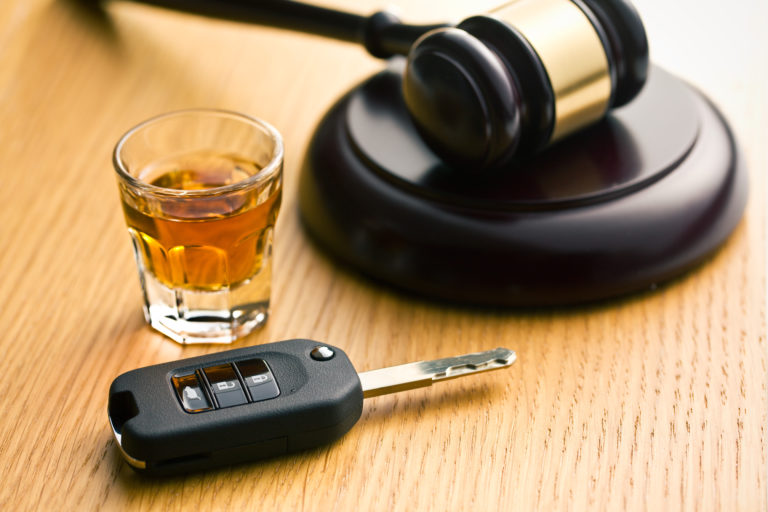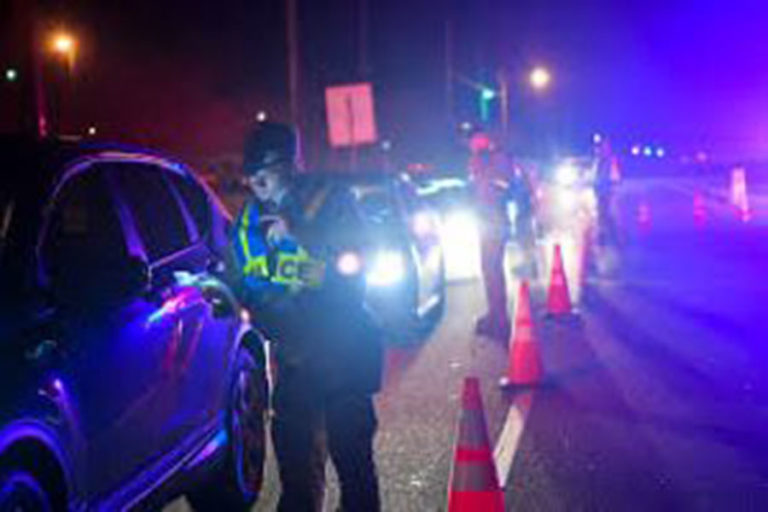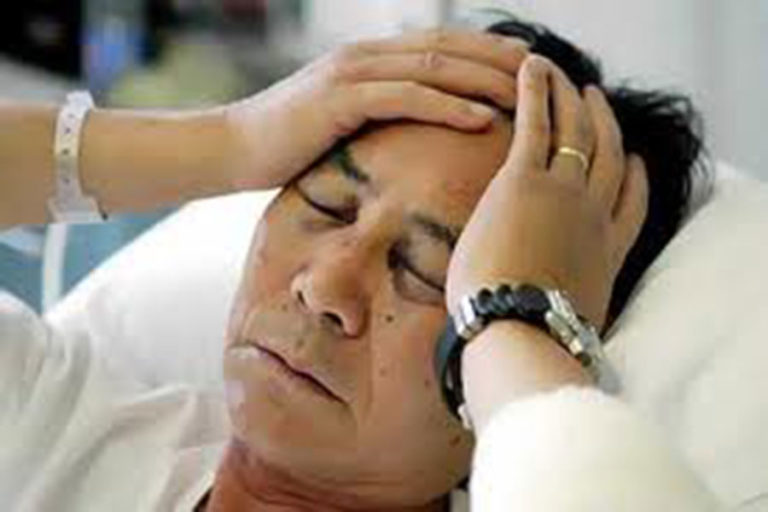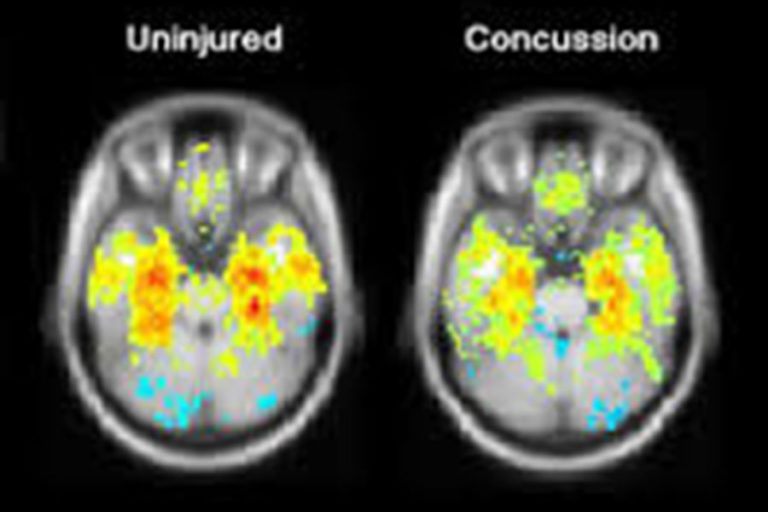How Can a Forensic Nurse Help in Your DUI Case?
DUI Prevalence According to the National Highway Traffic Safety Administration (NHTSA), in 2020, there were 11,654 deaths from drunk driving crashes, which equates to one person every 45 minutes and/or 32 people per day. This…










